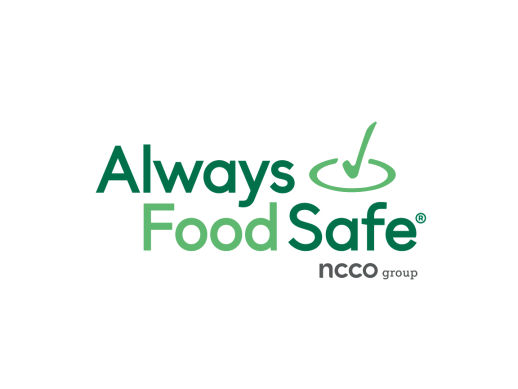Ensuring the safety and quality of food products is of utmost importance in any organization involved in the food industry. With increasing consumer awareness and the rise in foodborne illnesses, it has become imperative for businesses to prioritize food safety. One way to demonstrate a commitment to food safety is by implementing food safety certifications. These certifications provide organizations with a framework to establish and maintain effective food safety management systems. In this article, we will explore the advantages of implementing food safety certifications in your organization and how they can contribute to overall quality and compliance.

 English
English
 Spanish
Spanish
